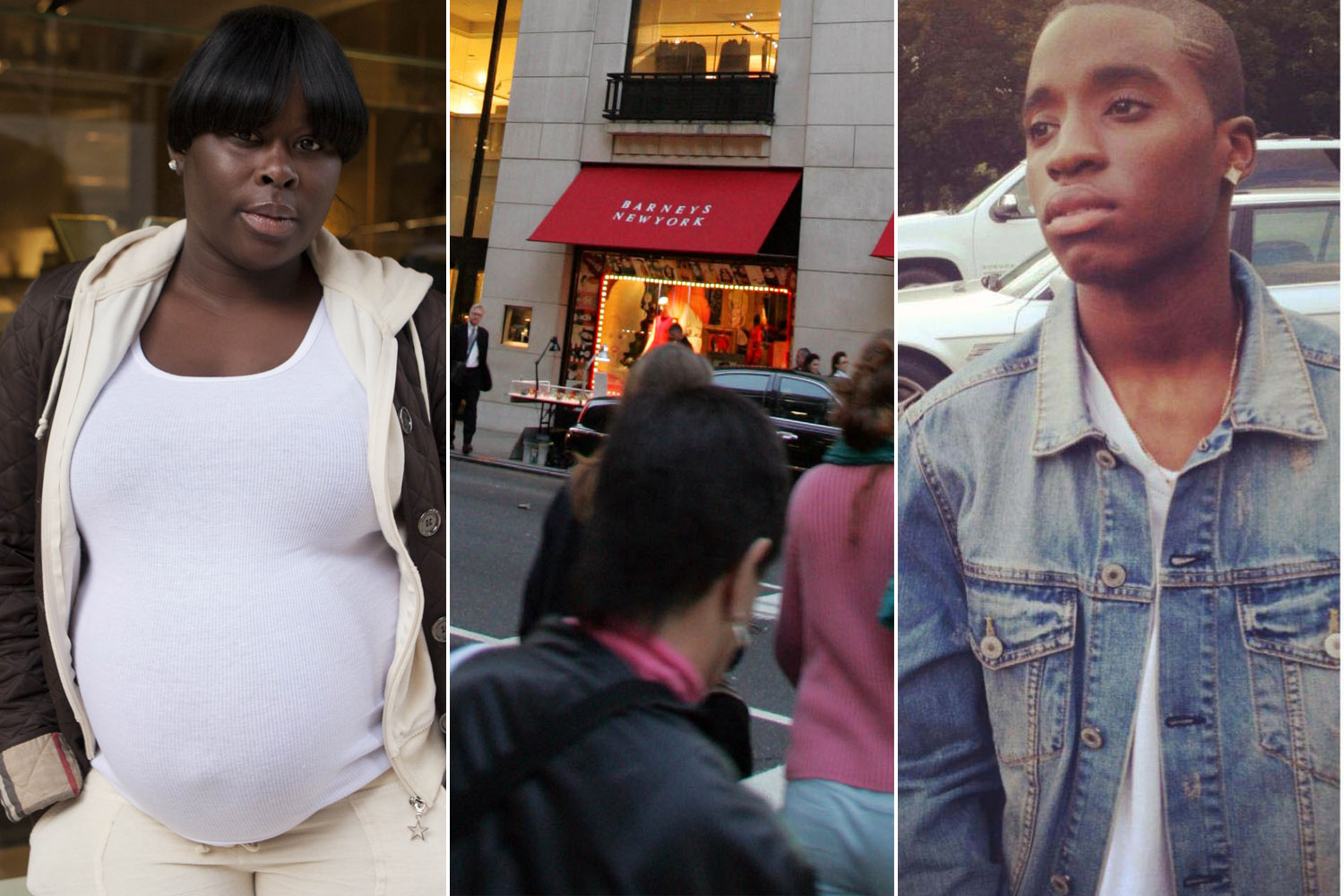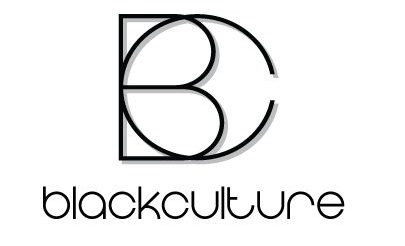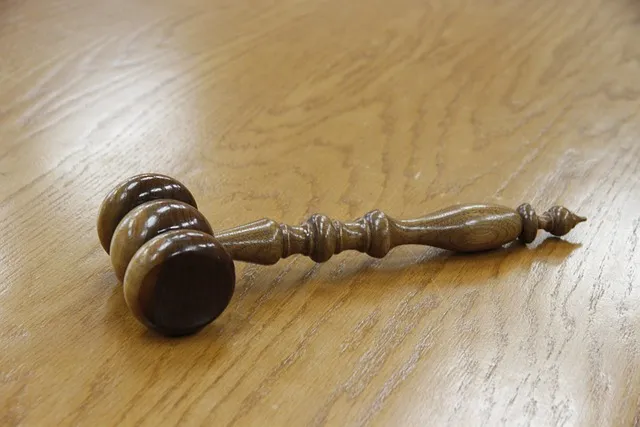
Reaction to Barneys Arrests, Racism and Classism Collide
This week 19 year old Trayon Christian filed a discrimination lawsuit against the retail giant Barneys. Christian, who is Black, claimed undercover cops working inside Barneys followed him into the streets and accused him of credit card fraud after purchasing a $349 Ferragamo belt.
Two male NYPD detectives stopped Christian saying his card had been reported as fake. “They said my card wasn’t real, it was fake. They said someone at Barneys called to report it,” Christian says. He then was asked to show his ID and let them search his bag. Christian showed his school ID and driver’s license, he says. But the undercover officers continued to question him. “The detectives were asking me, ‘How could you afford a belt like this? Where did you get this money from?’”
So when reports of another hideous display of racial profiling by Barneys surfaced, the frustration and resentment amplified. Here was, Kayla Phillips, a black woman, being accused of credit card fraud after purchasing a $2,500 designer bag.
“There were three men and a woman,” she recalled. “Two of them attacked me and pushed me against a wall, and the other two appeared in front of me, blocking the turnstile.”
In the wake of these incidents, the most vicious attacks were not directed at the high end retail store. Many instead chose to attack the victims of Barneys racial profiling for spending their money on expensive items. Their purchases were unjustifiable for some due to them being Black and working class.
But blaming Kayla Phillips for buying an expensive bag instead of Barneys for profiling her is not only racist, but classist. This attitude emerges from dangerous and vile right wing thought that the poor conditions of Black communities is caused not by market forces and structural inequality, but by the moral decadence of Black America.
But wait.
Black people can’t want nice things? Why is morality pushed on top of Black people regarding expensive purchases?
In our racist capitalist society, different races are held to different standards. Black men are slandered for spending money on expensive sneakers, but white men aren’t for buying expensive dress shoes. The conservative ideologies based on “free market” strategies conceal historical and current racist truths. In the essay Nihilism in Black America, Cornel West claims these backwards attitudes “focus on the waning of the Protestant ethic – hard work, deferred gratification, frugality and responsibility – in much of black America”. It shifts the blame of poor economic livelihood from corporate market institutions onto the working class and under class themselves. The poor are poor then because of lack of ambition and poor economic choices, not alienation from a weak labor force and existence of a racial hierarchy.
Such a vulgar outlook on economic and social life creates the framework behind the concept of a “post-racial America”. But it isn’t progressive at all. Nor, does it signify the entry into a post race era.
Cultural and institutional racism are woven into the fabric of American society.
The undercover officers at Barneys were not policing Trayon Christian and Kayla Phillips’ economic choices like others are. No. They acted upon historical classist and racist tropes about Black people and our community. The assumptions that neither could afford their purchases is rooted in vile stereotypes of Blacks. How do we challenge these racist and classist ideas? By promoting true liberty and equality rather than imposing rigid moral behavior.
It’s a real simple idea actually.
You have the right to spend the money you own on whatever you like. No matter how frivolous to others it may seem. You earned it.
What were your reactions to Barneys racial profiling? Have you noticed anyone’s negative reactions to it?



